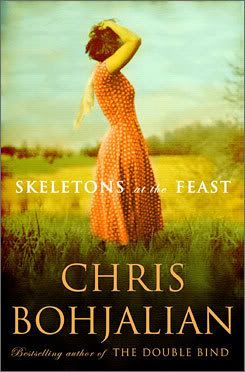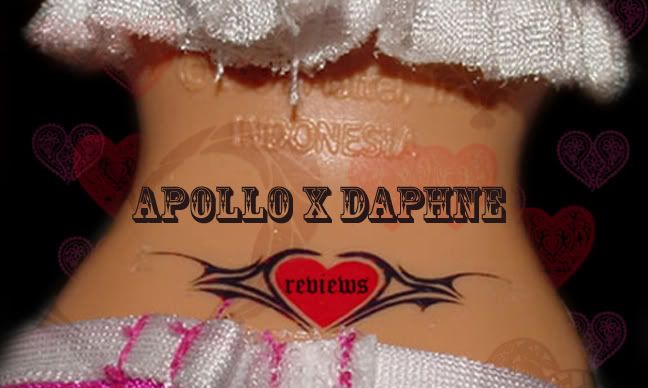
I was drawn to the book by its striking cover, the fuzzy photograph of a woman in a '40's dress standing in a nostalgia-ridden corn or wheat field-the blurriness makes it hard to tell which. Her scarf is blowing in the wind, and she runs a hand through her hair in a carefree gesture. She is the personification of a fondly remembered youth, and this romanticism is a departure from the normally stark Bohjalian.
The style of the book is where Bohjalian's stark writing comes into play; it's Hemingway-esque in its simplicity. This directness masks a deeper psychological profundity as the characters in Skeletons wrestle with all kinds of moral ambiguity as they cross the country in a desperate attempt at survival.
The novel is based on a real war-time diary. The setting is 1945, and it is clear that the Germans are losing WWII. The aristocratic Emmerich family, torn in their loyalties, will now make a dash for Allied lines. There is Rolf, who has only ever half-supported Hitler, and his wife, known affectionately as Mutti, who has worshipped Hitler since his election without his atrocities during the war having been made public. Anna, one of the story's main protagonists, is a conflicted and intelligent young woman torn between pride in her country and a growing horror at what is slowly coming to light about her country's actions in the war-especially toward Jews. Her twin brother, Helmut, is taken along with her father into the depleting Nazi ranks, where her elder brother Werner is already fighting, close to the beginning of the story. The other characters in their travelling band include Anna's younger brother Theo, and her lover Scottish POW Callum. Soon Nazi officer Manfred joins their party, but his real name is Uri Singer and he is hiding amongst the ranks of the very army which is singularly annihilating his people,the Jews, whilst killing any S.S. officer he can along the way.
Running parallel to all of this is the story of Cecile, a concentration camp Jew surviving by her own mettle and indomitable spirit.
The book's blunt-edged prose grounds this sweeping romance in realism as Bohjalian brings us to the heart of a bloody and brutal conflict in which death happens at the snap of two fingers, and not one character can do a single thing about it. The author isn't afraid to rip out our hearts, just as he isn't afraid to deliver us to happiness, and the ending to this epic struggle is bittersweet. The book excels on more than a stylistic and story-telling level; the characters are complex and have many of their own problems to deal with. In light of Uri's plight and the supposed murder of his entire family, he in turn murders Nazi soldiers remorselessly, some of whom are unaware of exactly what's been going on in these "camps." The reader wants to sympathize with the strong, persistent Mutti who continually puts her family first, but it becomes difficult to do so when her denial of Hitler's atrocities grows larger and larger in scope. Anna is the most conflicted character-she is a young person just emerged from her cocoon, and is beginning to form opinions about the world. When she sees what the leader of her country has done to concentration camp victims, she feels guilty and torn to call herself a German-yet she doesn't know what she can do to atone for living in ignorance.
With unrelenting precision, Bohjalian has sledge-hammered our emotions with the perfect combination of adventure, romance, and realism.
-elln

No comments:
Post a Comment